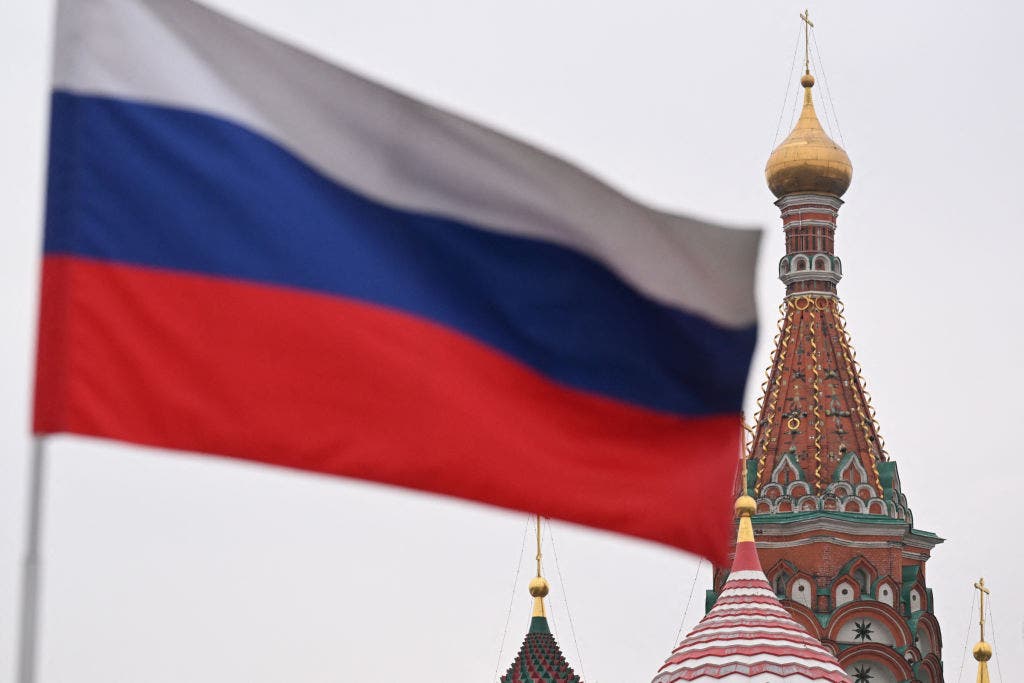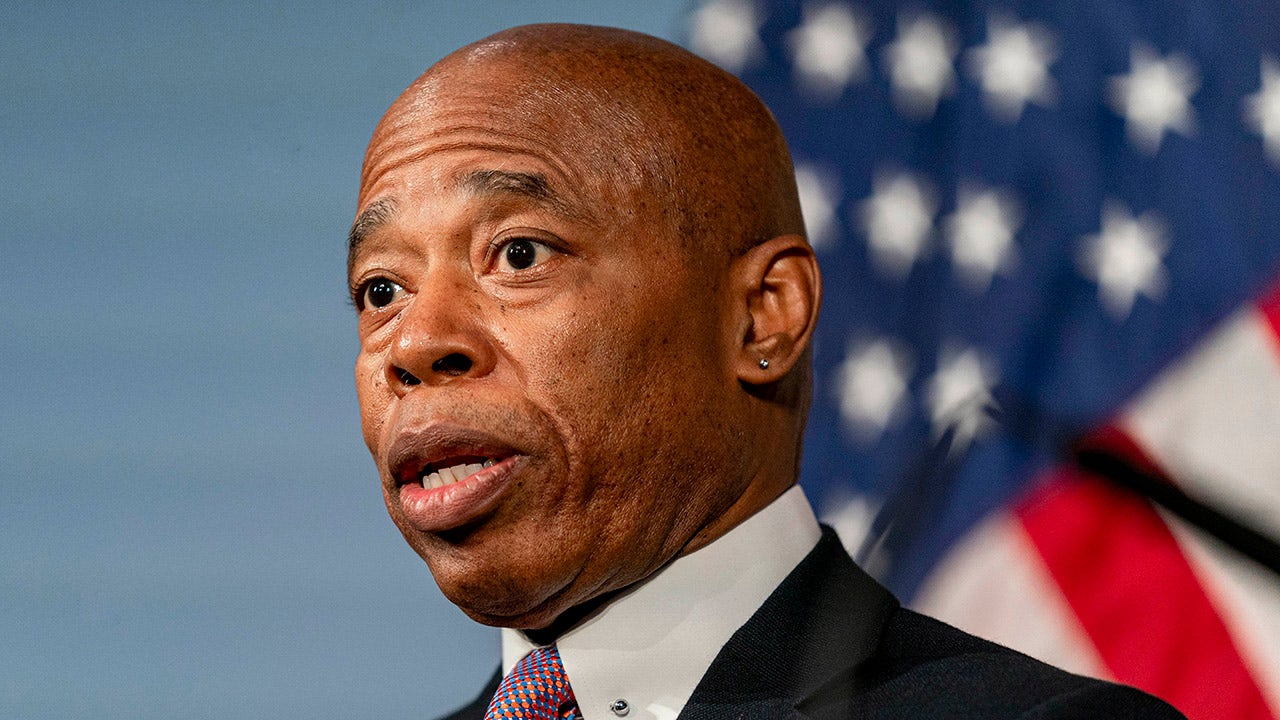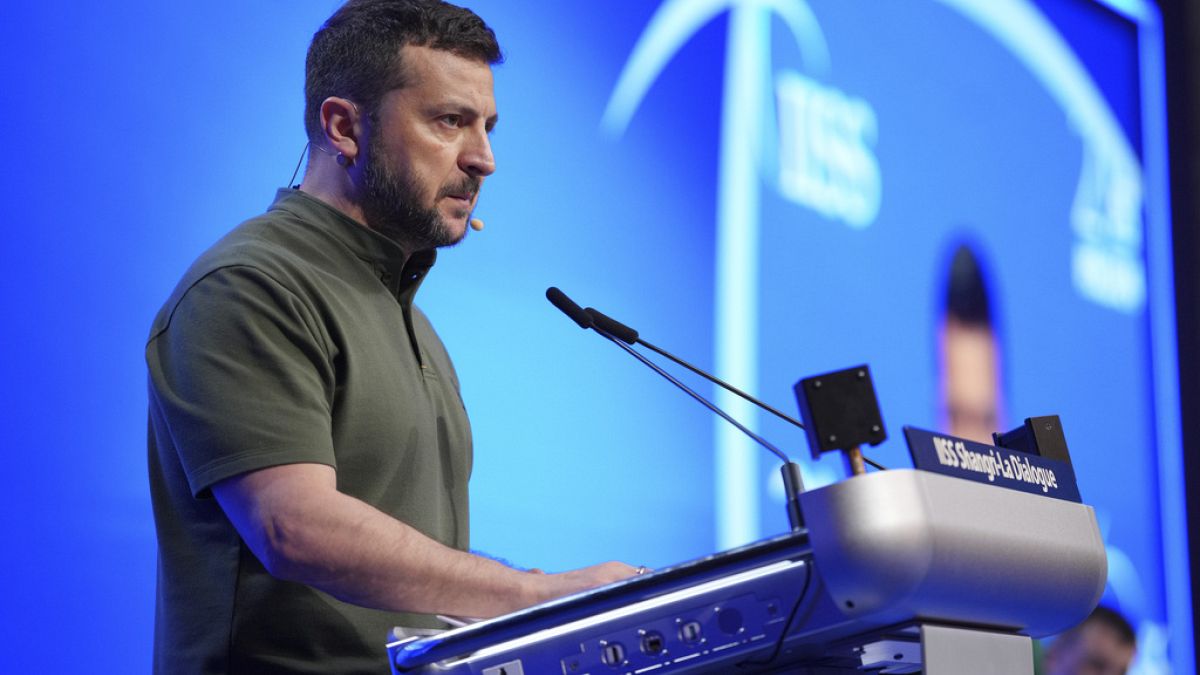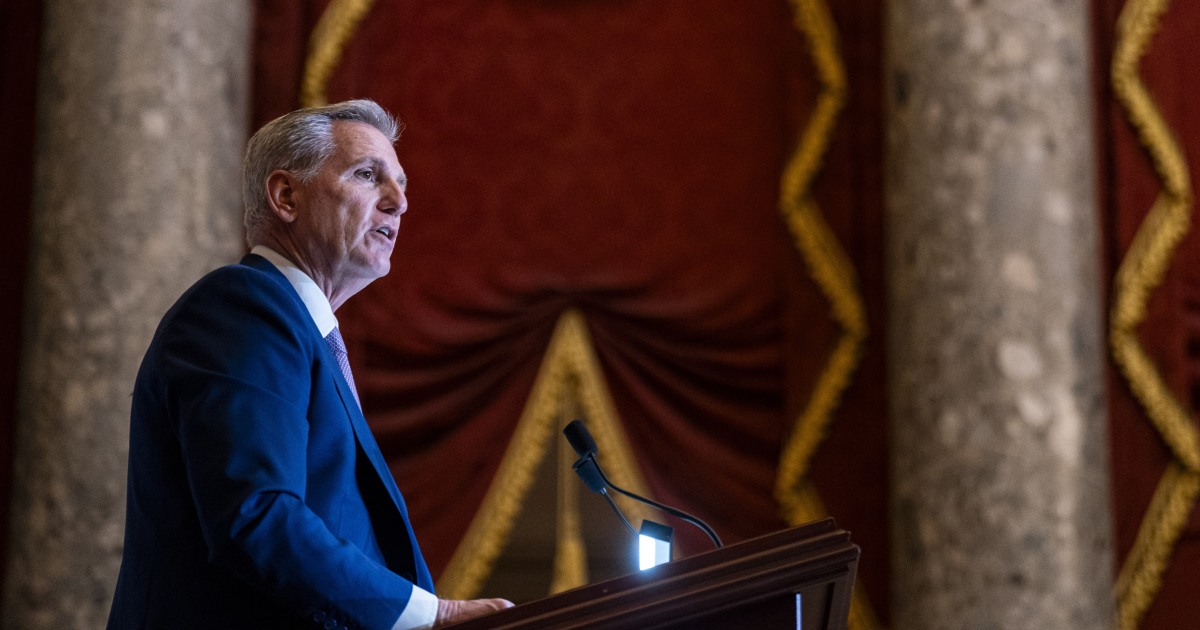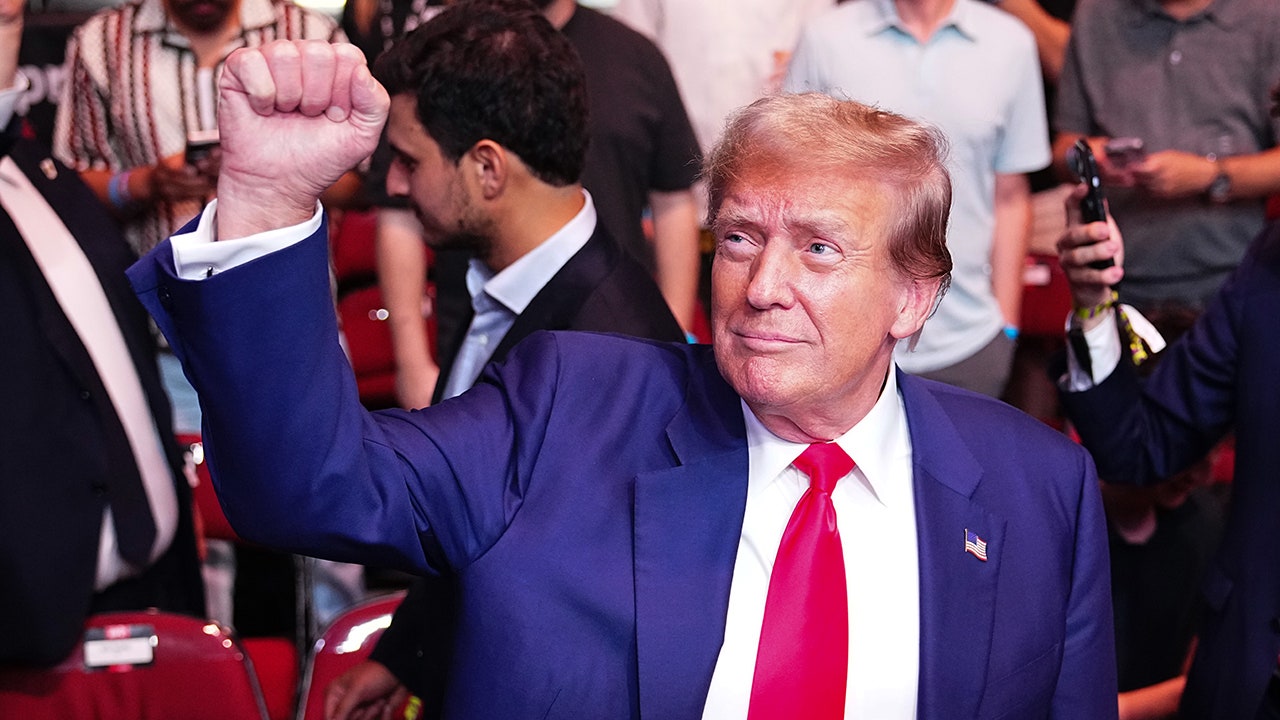Education
Opinion | Let’s Smash the College Admissions Process

Within days or weeks, the Supreme Court is going to render a decision on the future of affirmative action in higher ed. If things go as expected, conservatives will be cheering as these policies are struck down — and progressives will be wailing.
But maybe we can all take this moment to reimagine the college admissions process itself, which has morphed into one of the truly destructive institutions in American society.
The modern college admissions era was launched over half a century ago with the best of intentions — to turn finishing schools for the Protestant establishment into talent factories for all comers. But, in the end, the elite universities merely exchanged one privileged elite for another. Today, you don’t need bloodlines stretching back to the Mayflower to have a decent shot at getting into an elite school, but you do need to be born into a family with the resources to make lavish investments in your early education.
In 2017 research led by Raj Chetty found that students from families in the top 1 percent of earners were 77 times as likely to get admitted into the Ivy League than students from families making less than $30,000 a year. In that same year, students from the top income quintile were 16 times more numerous at the University of North Carolina, a state school, than students from the bottom quintile.
We now have whole industries that take attendance at an elite school as a marker of whether they should hire you or not. So the hierarchies built by the admissions committees get replicated across society. America has become a nation in which the elite educated few marry each other, send their kids to the same exclusive schools, move to the same wealthy neighborhoods and pass down disproportionate economic and cultural power from generation to generation — the meritocratic Brahmin class.
And, as Michael Sandel of Harvard has argued, the meritocratic culture gives the “winners” the illusion that this sorting mechanism is righteous and inevitable and that they’ve earned everything they’ve got.
And then we sit around wondering why Trumpian populists revolt.
Worse, this system is built on a definition of “merit” that is utterly bonkers. In what sane world do we sort people — often for life — based on their ability to be teacher-pleasers from age 15 to 18?
In 2018, the organizational psychologist Adam Grant wrote a powerful essay for The Times making the point that “academic excellence is not a strong predictor of career excellence. Across industries, research shows that the correlation between grades and job performance is modest in the first year after college and trivial within a handful of years.”
We could have chosen to sort people on the basis of creativity, generosity or resilience. We could have chosen to promote students who are passionate about one subject but lag in the other subjects (which is how real-life success works). But instead we created this academic pressure cooker that further disadvantages people from the wrong kind of families and leaves even the straight-A winners stressed, depressed and burned out.
For the past few decades, Richard D. Kahlenberg, the author of “The Remedy: Class, Race and Affirmative Action,” has been arguing that we should replace the race-based system of affirmative action with a class-based system.
His proposal, to give preference to applicants from economically disadvantaged families, would address a core inequality in society. As Kahlenberg wrote in The Economist in 2018, social science research “finds that today, being economically disadvantaged in America poses seven times as large an obstacle to high student achievement as does race.”
Furthermore, he continues, if you structure the programs well, you can lift up the poor and middle class while simultaneously redressing the iniquities that have historically been visited upon African Americans. Writing in Dissent this year, Kahlenberg, an expert witness for the plaintiffs in the case seeking to overturn affirmative action, describes an exercise he did with the Duke economist Peter Arcidiacono. Based on data from Harvard and the University of North Carolina, they built an admissions model that would end racial preferences and preferences for the children of faculty members and alumni, but boost applicants from poor families and disadvantaged neighborhoods.
At Harvard, under this model, the share of African American, Hispanic and other underrepresented minority students would rise, and the share of first-generation students would more than triple.
The case for Kahlenberg’s proposal gets stronger every year. If the Supreme Court ditches racial preferences it becomes overwhelming.
Maybe this could be a moment when we finally step back and acknowledge that the elite meritocracy has spiraled out of control. It’s ridiculous that we have built a culture in which people make fine status distinctions among Princeton, Northwestern and Penn State as if they were 18th-century courtiers arguing over which aristocratic family had the grandest name.
It’s ridiculous that we’ve built a system that overvalues the sort of technocratic skills these universities cultivate and undervalues the social and moral skills that any healthy society should value more.
It’s sad that we’ve spent decades trying to build a more representative leadership class, but we’ve ended up with an educated elite that doesn’t know much about the rest of America and doesn’t seem notably more competent than the elites that preceded it.
If SCOTUS rips off the affirmative-action Band-Aid, maybe we can address the underlying wounds.

Education
Video: ‘It Didn’t Have to Happen This Way:’ U.Va. Faculty Call for Review of Police Response to Protests

Protesters: “Disclose! Divest!” In student-led protests around the country, university faculty have stood in support of demonstrators, risking arrest. “He is a professor. He is a professor.” At the University of Virginia, The Times got an inside look at faculty’s role. “I can take you through the blow by blow of the day if you want.” And how their negotiations with police broke down at a crucial moment. “Why is he —” “Back up.” “In a wanton fashion, they allowed the Virginia State Police to come here fully armed, rifles, mace. One of my colleagues was standing right there trying to talk to the Virginia State Police. He got arrested. The other one standing next to him got pushed back behind the line, and he got partially maced. It didn’t have to happen this way.” The night before police raided a pro-Palestinian encampment, a few University of Virginia professors tried to deescalate the standoff and recorded their conversation with the university police chief, Tim Longo. The Times agreed to blur the faces of faculty who had concerns about their job security. Protesters had refused to engage with the university. So a handful of professors stepped in to be intermediaries. This, at times, frustrated administrators who told The Times the process required a leap of faith. “We basically took shifts, two-hour shifts being here. We had these yellow armbands that we wore to distinguish that we were faculty liaison. And our job really was just to communicate between the administration, the police and the students.” Hours later, Professors Walter Heinecke and Mark Sicoli, who documented the incident on his phone, approached the police chief again, stating confusion about what the campus policy actually states for use of smaller recreational tents. Within half an hour, before professors and police could come to an agreement about the tent policy, Chief Longo called the Virginia State Police. Troopers soon arrived with pepper spray and M4 assault rifles to help dismantle the encampment. In all, a few dozen protesters in about 20 tents. “Shame on you. Shame on you.” University officials say they warned protesters for days that they were in violation of school policy. Twenty-seven people were arrested, including at least one professor, who declined to speak with us for this story. “He is a professor. This is a professor.” “We were in front of the camp students. And then in front of us were faculty. And then the Virginia State Police were here and moved in. I was hit with a riot shield, which is when I got this bruise. They pepper-sprayed me. I was detained for about 10 minutes, if I had to guess. And then eventually, they just, like, cut off my zip ties.” The heavy police response raised alarm across campus. And now, several faculty members, including Heinecke, want to hold the university accountable for what they say was a violent clampdown on free speech, protesting Israel’s war in Gaza. “I’ve just got to show you one thing where they get around on —” “If they would have just said, you know, let’s negotiate, let’s leave the tents up for a couple more days and we’ll negotiate this out. It’s not like you’re robbing a bank or anything. You put a couple of tents on. Why couldn’t we have just done this a different way because the stakes were so low?” The university president and campus police chief did not respond to requests for comment. “And then I’ll turn to Chief Longo.” But in a virtual town hall on May 7, university police and administration defended their actions, citing unidentified outside agitators as a primary concern. “The police were met with physical confrontation and attempted assault, and didn’t feel equipped to engage given the situation. That’s when the decision was made to call on the state police.” “We have a duty to fight for Palestine.” “We have a —” “I was afraid that myself and the assistant chief would be surrounded, and that we would be put in a position to have to defend ourselves. It was clear to me by word and action, this was escalating.” “Free, free Palestine.” “In front of the historic rotunda.” In response, Heinecke and several other faculty members held their own town hall to try to show that the police action was unwarranted. Then on May 10, the U.V.A. faculty senate held a hearing with President Ryan to discuss the university response to protests. “I, for one, am thankful for him that he prevented us to get into a situation, which would be similar to a Columbia.” While there was support, most of the speakers were critical. “My heart broke because of what took place.” “To the condemnable call of the Virginia State Police in full gear, and the use of excessive force to terrorize our students in their own backyard.” “If all of you decide I’m not the right leader, that’s your choice.” In a vote, faculty called for an independent review of his and Chief Longo’s decisions on May 4, but stopped short of condemning the police action outright. “All right. Once again, I need people who are just here for court.” On the same day across town, supporters of protesters facing trespassing charges gathered in solidarity at the courthouse. “It’s first hearing for everybody who was charged with trespass, which includes our two students.” On May 15, many of those arrested at the protest encampment had their charges dismissed by the public prosecutor. A U.V.A. spokesman told The Times that the university has not yet agreed to an independent review of its decision to call in state police.
Education
Video: Hundreds of Harvard Students Walk Out at Commencement

new video loaded: Hundreds of Harvard Students Walk Out at Commencement
transcript
transcript
Hundreds of Harvard Students Walk Out at Commencement
The students were protesting Harvard University’s decision to bar 13 seniors from the ceremony in the wake of campus demonstrations over the war in Gaza.
-
Crowd: “Let them walk. Let them walk, let them walk.”
Recent episodes in Israel-Hamas War
Education
Video: Protesters Scuffle With Police During Pomona College Commencement

new video loaded: Protesters Scuffle With Police During Pomona College Commencement
transcript
transcript
Protesters Scuffle With Police During Pomona College Commencement
Pro-Palestinian demonstrators tried to block access to Pomona College’s graduation ceremony on Sunday.
-
[chanting in call and response] Not another nickel, not another dime. No more money for Israel’s crime. Resistance is justified when people are occupied.
Recent episodes in U.S.
-

 News1 week ago
News1 week agoRead the I.C.J. Ruling on Israel’s Rafah Offensive
-

 News1 week ago
News1 week agoVideo: Protesters Take Over U.C.L.A. Building
-

 World1 week ago
World1 week agoHoping to pave pathway to peace, Norway to recognise Palestinian statehood
-

 News1 week ago
News1 week agoLegendary U.S. World War II submarine located 3,000 feet underwater off the Philippines
-

 World1 week ago
World1 week agoFamilies of Uvalde school shooting victims sue Microsoft, Meta and gunmaker
-
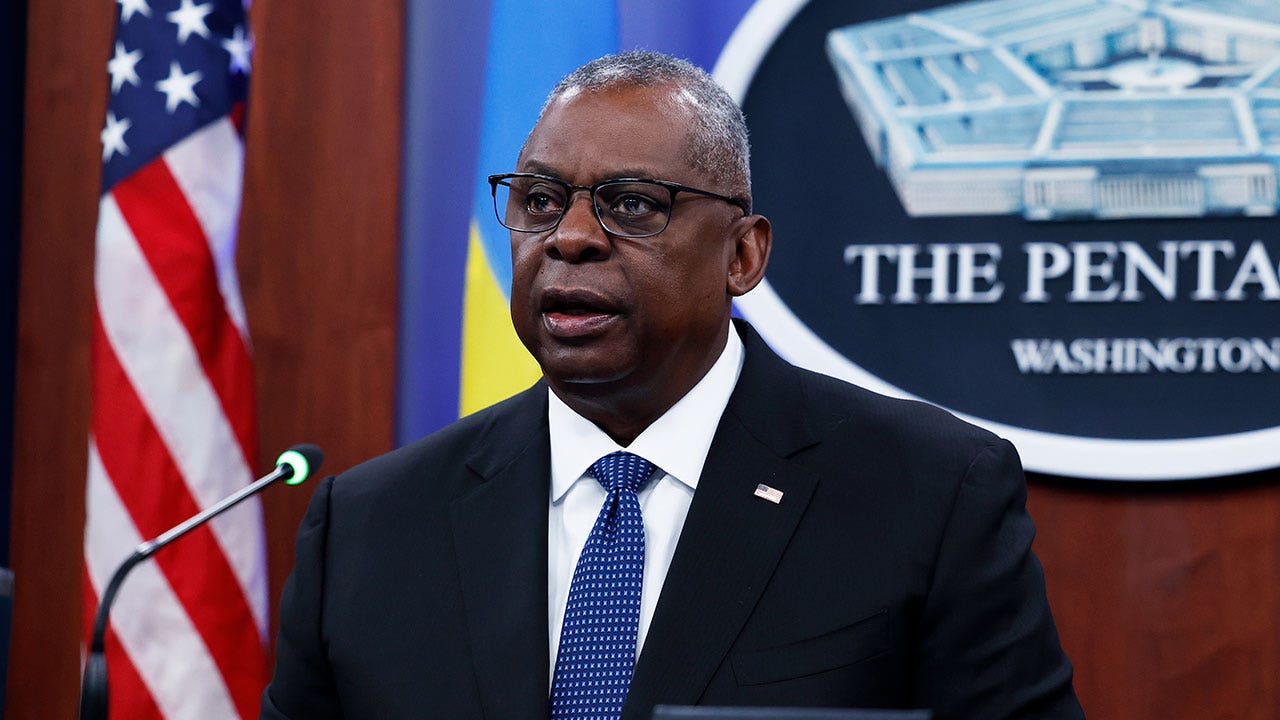
 Politics1 week ago
Politics1 week agoDefense Secretary Lloyd Austin to undergo nonsurgical procedure, Deputy Kathleen Hicks will assume control
-

 Politics1 week ago
Politics1 week agoHunter Biden attends pre-trial hearing in Delaware court on federal gun charges
-

 News1 week ago
News1 week agoHere are three possible outcomes in the Trump hush money trial : Consider This from NPR



/cdn.vox-cdn.com/uploads/chorus_asset/file/25475001/1364429812.jpg)
